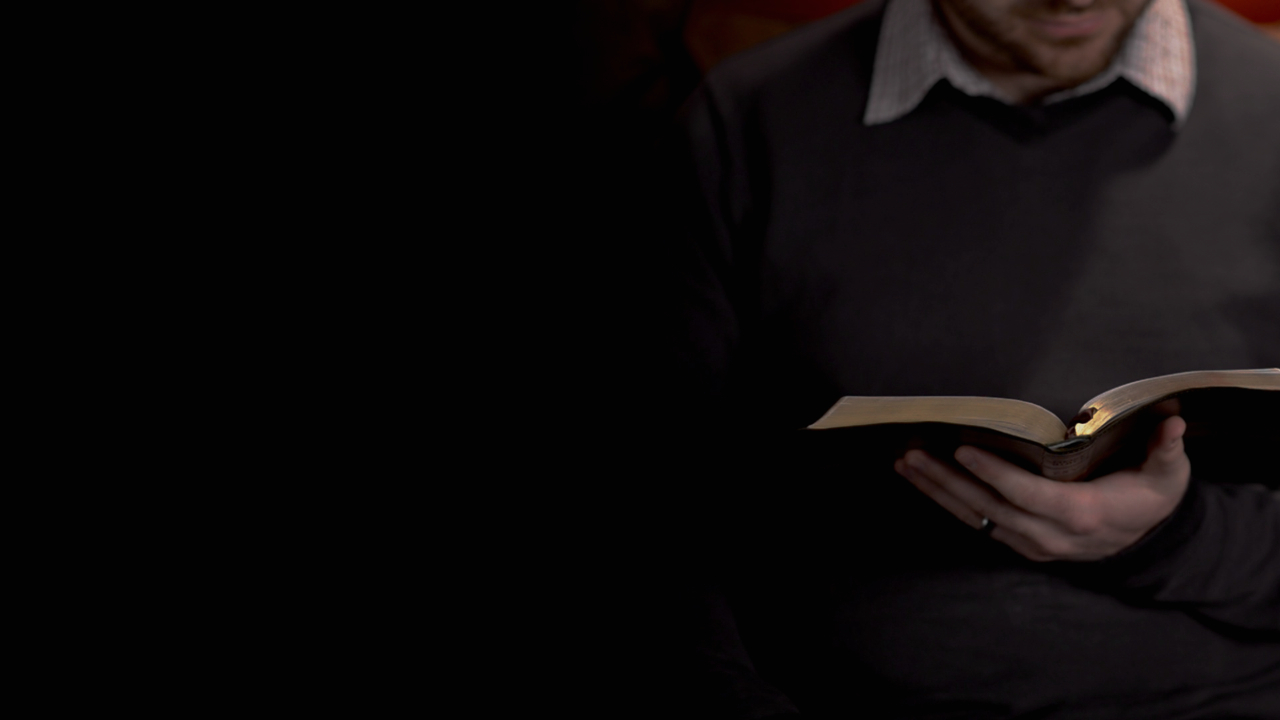Choosing a restaurant should be a basic human right. Imagine being forced to go to a Chinese restaurant when you were in the mood for sandwiches. Or having to sit and wait when you expected something simple and fast. And woe betide the co-conspirators responsible for my wife’s worst nightmare: eating pizza two evenings in a row.
Of course food quality isn’t the only factor to consider. We have an industry based on reviewing culinary establishments for presentation, cleanliness, speed, friendliness, and appearance, in addition to taste. My town has hundreds of restaurants within a 10-mile radius, but, on a recent double date, we chose a restaurant more than 20 minutes away because it had received a makeover from the TV show “Restaurant: Impossible.” We had to see what all the fuss was about, and we’re glad we did!
Proverbs 9
Proverbs 9 reminds us that we always have a dining choice. When hunger (for life, fulfillment, advice, or simply “something more”) drives us to seek sustenance and satisfaction, we will look for a good restaurant. Some will find a reputable proprietorship; others will be terribly deceived. Make sure you eat at the right place.
In this chapter, wisdom offers a delightful and nourishing feast (Prov 9:1-6), which is meant to be shared (Prov 9:7-12). Folly peddles something illegitimate, unsanitary, poisonous (Prov 9:13-18). Since appearances can be terribly deceiving, we must learn how to tell the difference.
Wisdom has built her house;
she has hewn her seven pillars.
She has slaughtered her beasts;
she has mixed her wine;
she has also set her table.
She has sent out her young women to call
from the highest places in the town,
“Whoever is simple, let him turn in here!”
To him who lacks sense she says,
“Come, eat of my bread
and drink of the wine I have mixed.
Leave your simple ways, and live,
and walk in the way of insight.” (Prov 9:1-6, ESV)The woman Folly is loud;
she is seductive and knows nothing.
She sits at the door of her house;
she takes a seat on the highest places of the town,
calling to those who pass by,
who are going straight on their way.
“Whoever is simple, let him turn in here!”
And to him who lacks sense she says,
“Stolen water is sweet,
and bread eaten in secret in pleasant.”
But he does not know that the dead are there,
that her guests are in the depths of Sheol. (Prov 9:13-18, ESV)
Next week, I’ll do more interpreting and applying (“What is Wisdom’s feast?”). For now, let’s simply observe comparisons and contrasts.
Comparisons
In many ways, these two feasts share similar features:
- a hostess (Prov 9:1, 13)
- a home (Prov 9:1, 14)
- an invitation to the simple (Prov 9:4, 16)
- food and drink (Prov 9:2, 17)
- hubbub at the highest places in town (Prov 9:3, 14)
- a promise (Prov 9:6, 17)
- a change in the status of house guests (Prov 9:6, 18)
But don’t get distracted by appearances. Beauty, as they say, is a different matter after you’ve skinned the thing.
Contrasts
When the simple get moving toward the Lord, the scales fall and truth becomes clear. These two feasts couldn’t be any more different:
- wisdom builds; folly sits (Prov 9:1, 14)
- wisdom is clever; folly knows nothing (Prov 9:1, 13)
- wisdom wins loyal servants; folly is loud (Prov 9:3, 13)
- wisdom lets her food speak for itself; folly seduces and deceives (Prov 9:5, 13, 17)
- wisdom has meat with wine and bread; folly has but stolen water and secret bread (Prov 9:2, 5, 17)
- wisdom prepares for important guests; folly grabs whoever happens to pass by (Prov 9:2-3, 15)
- wisdom works with a team; folly takes a seat (Prov 9:3, 14)
- wisdom makes her food; folly steals her food (Prov 9:5, 17)
- wisdom promotes life change; folly promises secret pleasure (Prov 9:6, 17)
- wisdom’s guests gain insight; folly’s visitors don’t know what is happening to them (Prov 9:6, 18)
- wisdom’s visitors live; folly’s guests die (Prov 9:6, 18)
Two people see the same pornographic advertisement; one is turned off, and the other is turned on. Two investors discover the same questionable loophole; one sees loss, and the other sees gain. Two spouses experience the same set of conflicts; one sees a chance to deepen intimacy, and the other looks for a permanent way out.
These things should not surprise us. Some people make themselves sick on cotton candy; others know to hold out for the rib eye and Merlot. Which are you?











